The danger and beauty of night-time Baku – photos and stories
We decided to take a stroll through Baku at night, and asked people which areas to avoid and what they are most afraid of.

A criminal hangout
“… At night, there are constant fights and screaming under our balcony – someone getting robbed, raped or beaten up. I’ve gotten so used to it that I sometimes don’t even pay attention. It’s just that the Baku population knows that when it’s dark, it’s better not to go out of the house…”
This is an excerpt from a letter written by an elderly female resident of Baku to her friend. The letter was published on Facebook by the daughter of this very friend, Russian journalist Elena Rykovtseva in 2015.
Despite its many shortcomings, Baku cannot simply be called a criminal city where rape regularly occurs under balconies. There are no gangs of thugs wandering about in the dark. In 2017, a little more than 26 thousand crimes were committed in Azerbaijan, and only 271 of them were robberies – and that’s considering that the population of the country is close to 10 million.
Come check out Baku – don’t be afraid
Is Baku a safe city? Most often this question is asked by tourists planning a trip. Forum lurkers answer “Of course – don’t be afraid”.
There are various international ratings that assess safety and security in countries. NUMBEO, for example, rates cities by crime rate, drug addiction, and residents’ concerns about the possibility of robbery or harassment on the street.
NUMBEO claims Baku is safe at night and very safe in the daytime. The security index is 71.26.
The Azerbaijani media was very pleased with this indicator. However, if you take a glance at research methodology, the NUMBEO rating is the result of an online survey of only 96 people.
In a more comprehensive study conducted by the World Economic Forum, Azerbaijan is rated quite high, 35th place of 136 countries.
Downtown
The city centre is brightly lit, and bars, cafes, restaurants and night clubs operate until the morning.






The main pedestrian area of the city is Nizami Street, formerly called Torgovaya. Here, one can find the city’s famous ‘chandeliers’, which some compare to that of Vienna. There are many tourists from Arab countries here.
• Baku’s central square shares its story
• Sex tourism in Azerbaijan: an Arabian summer












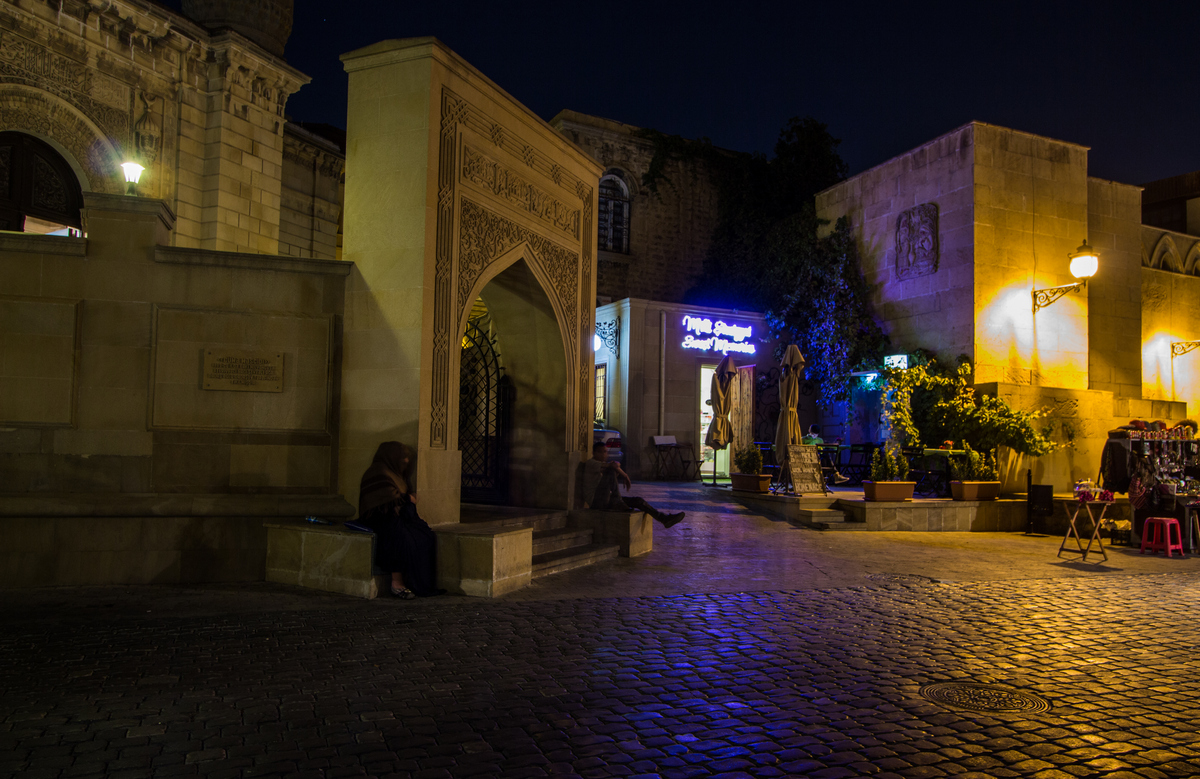

Old Town, aka Icheri Sheher, is quiet, calm and also well-lit. An oriental labyrinth area where everything is adapted for tourists: many hotels, souvenirs, restaurants with local cuisine and “national flavor” and cozy spots with local wines.
• The Last Dead End: Azerbaijan’s first horror game








Baku Boulevard, officially known as Seaside Park also caters to tourists. Here, too, everything is beautiful and neatly ordered. Towards 12pm, it empties out, with only the occasional athlete out for a late night run.
Bakuvians fears: “boy from our yard”
This is an old dynamic which is now slowly dying out in Baku. Some years ago, men from the neighborhood would patrol the streets, their courtyards or ‘territory’, and make sure everything was ‘under control’. Noticing a stranger, they might try to chase him away, find out who he is or worse – teach him a lesson.
“I was accompanying my girlfriend home. We said goodbye, and then a local guy approached me, and began to find out why I was pestering a girl here. I replied that I was not harassing her, that we were dating. ‘Do you even know what a nice family they have?’ he asked me. I said that I teach in a high school, and in general, I have serious intentions. And then I thanked him for taking care of his neighbor. I think it was this ‘gratitude’ that convinced him in the end, and he left.”
Almost downtown


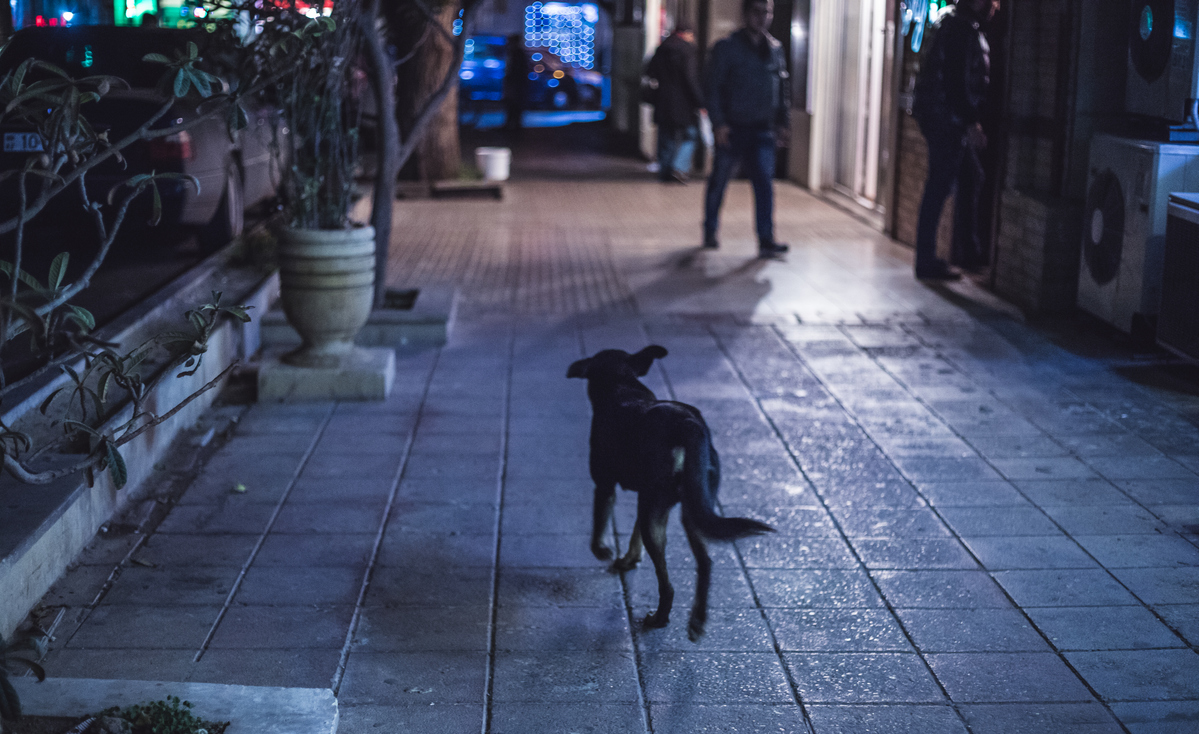

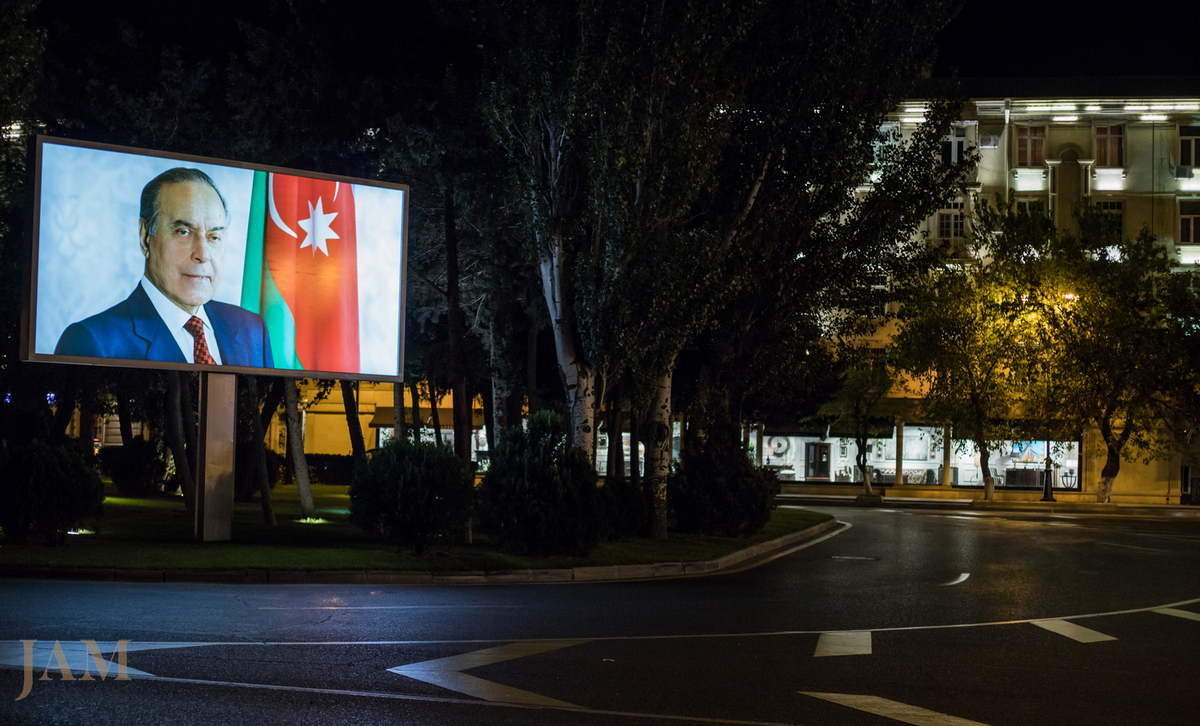

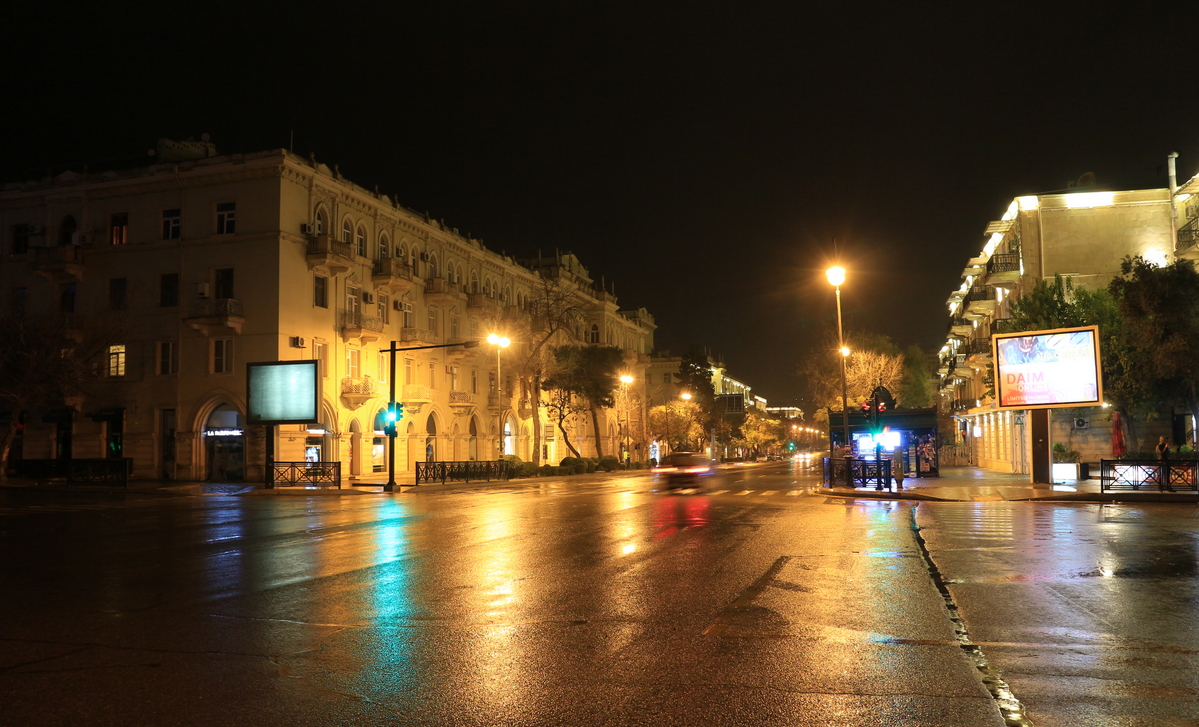

The area around the National Academy of Sciences metro station is not particularly dangerous, even after 11 pm. However, the streets are a bit creepy. Young men walk by in small groups, and there are packs of dogs roaming the streets as well.
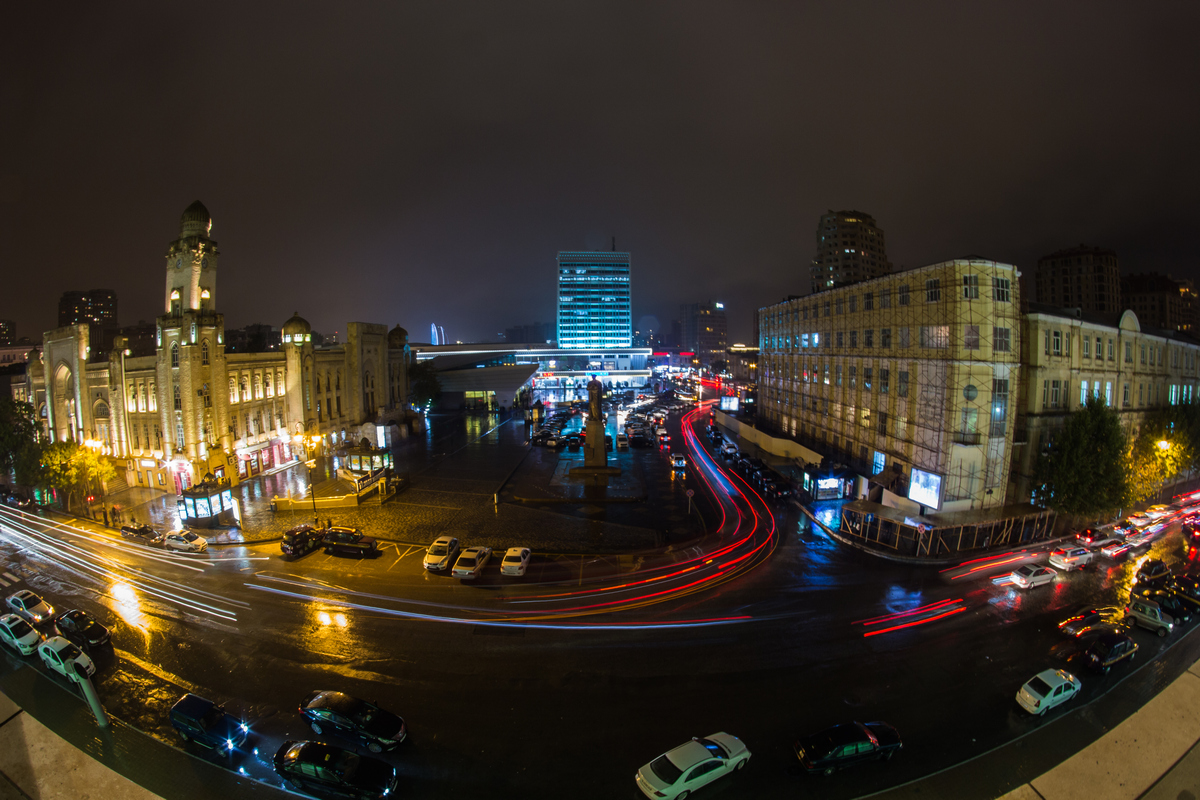



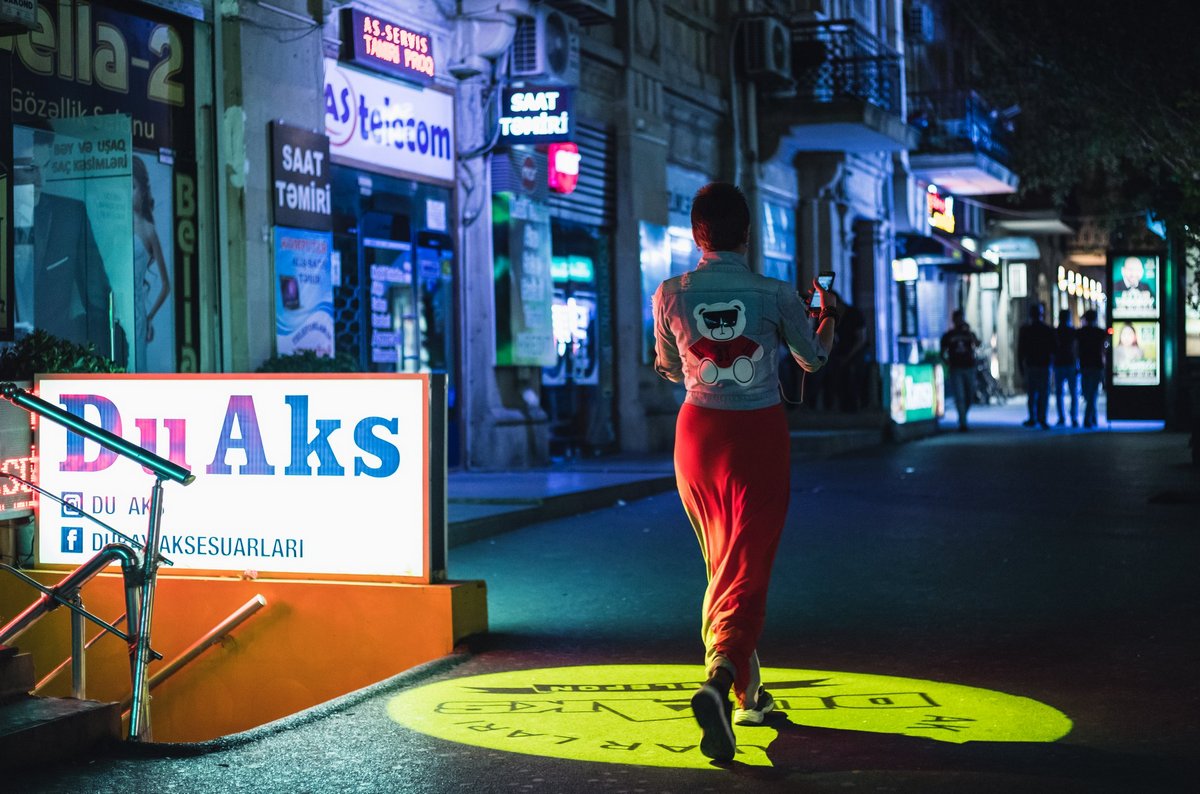

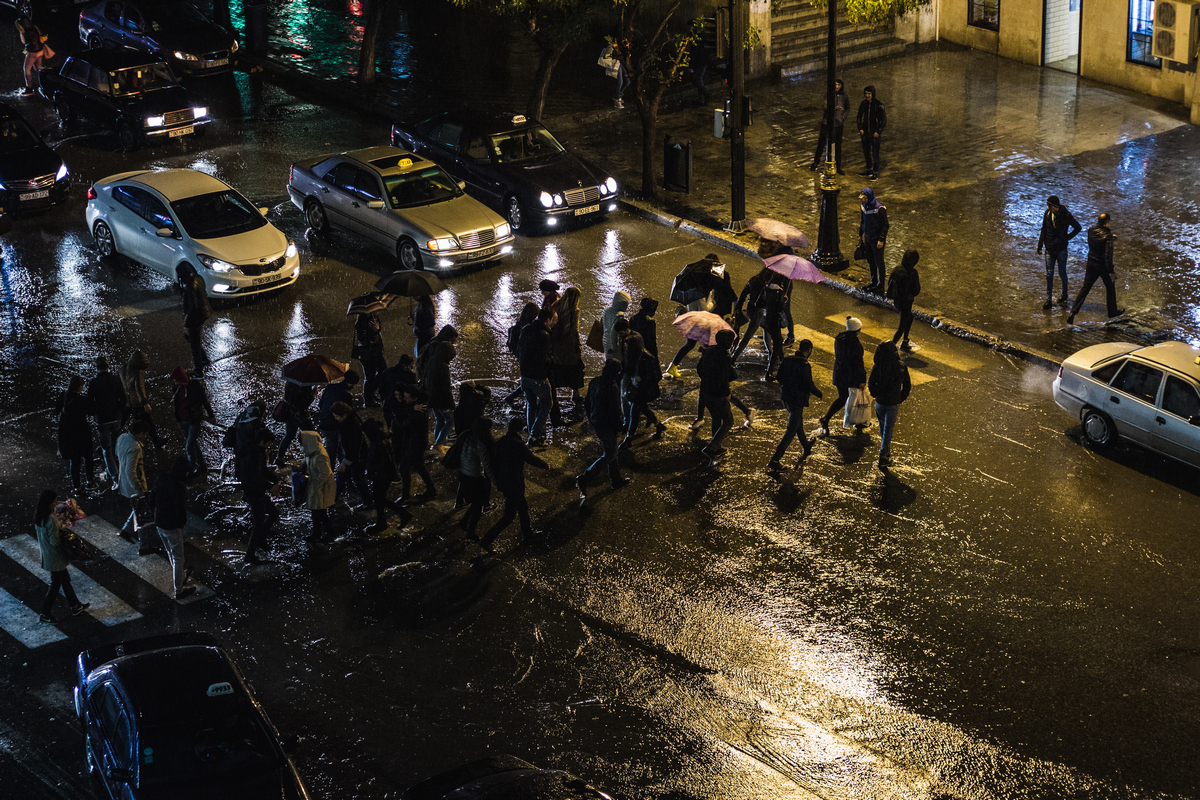



The area around 28 May metro station and the railway station is a large transport hub – it’s well lit, and people come and go until late in the night. The most noticeable feature of this area is its diversity. Cafes, restaurants and pubs here range from clean and “glamorous” to the more exotic, proletarian eateries “for men”.
• What restaurants are off limits to women in Azerbaijan and why?
It is not at all scary here at night, though some basement bars on Azadliq Avenue have a bad reputation.
Bakuvians’ fear: stray dogs
In Azerbaijan, the authorities know only one way to regulate the number of stray dogs: by shooting them. However, their population has not decreased; on the contrary, street dogs gather in flocks of 8–15 and live on the outskirts or even quite close to the centre.
“Once I went with friends out of town. We returned about an hour or two later at night. A friend volunteered to give us a lift. I lived far from the centrer near the bazaar on ‘Eighth Kilometre’.
Our friend said that he was reluctant to take me all the way home, saying that he would take me to the bazaar. I did not argue, I thought that it would be good for him to see. We arrived at the market and I asked him to open the window. A flock of a dozen dogs attacked the car, barking. Our friend turned around as fast as he could – and silently drove me to the very entrance of my home.”
Shady spots
We spoke with Baku residents to find out which places in the city are the scariest at night, and we went to check them out. New Yasamal and the 20 January metro station were top of the list.
The city ends in the west with the Yasamal district. New Yasamal was built behind it, where earlier there was just desert and steppe lands.
Bus 77 passes here before reaching the final station. Getting off the bus, we did not see anything unusual. The standard landscape of the Bakuvian suburbs is high-rising apartment buildings, built at random, though lacking any layout: narrow passages between the houses and sidewalks, small colorful shops with “men only” cafes on the first floors of many of them.
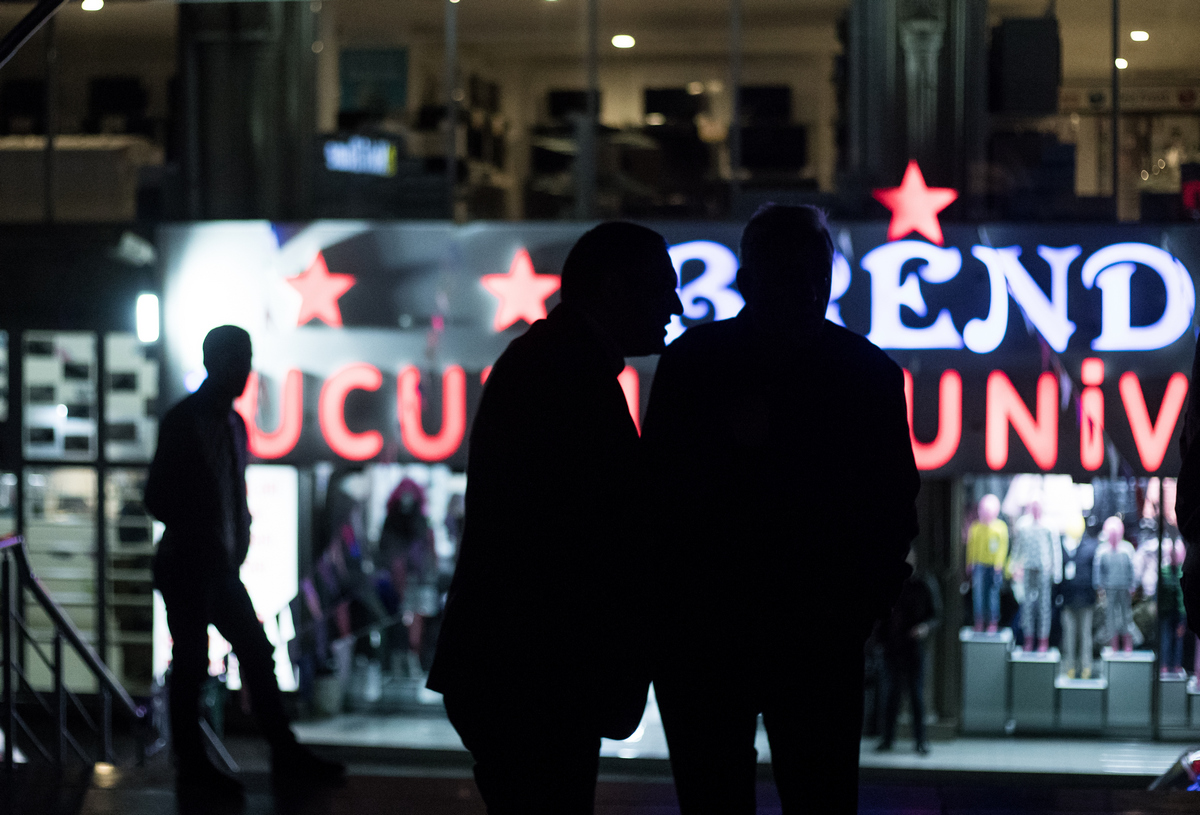



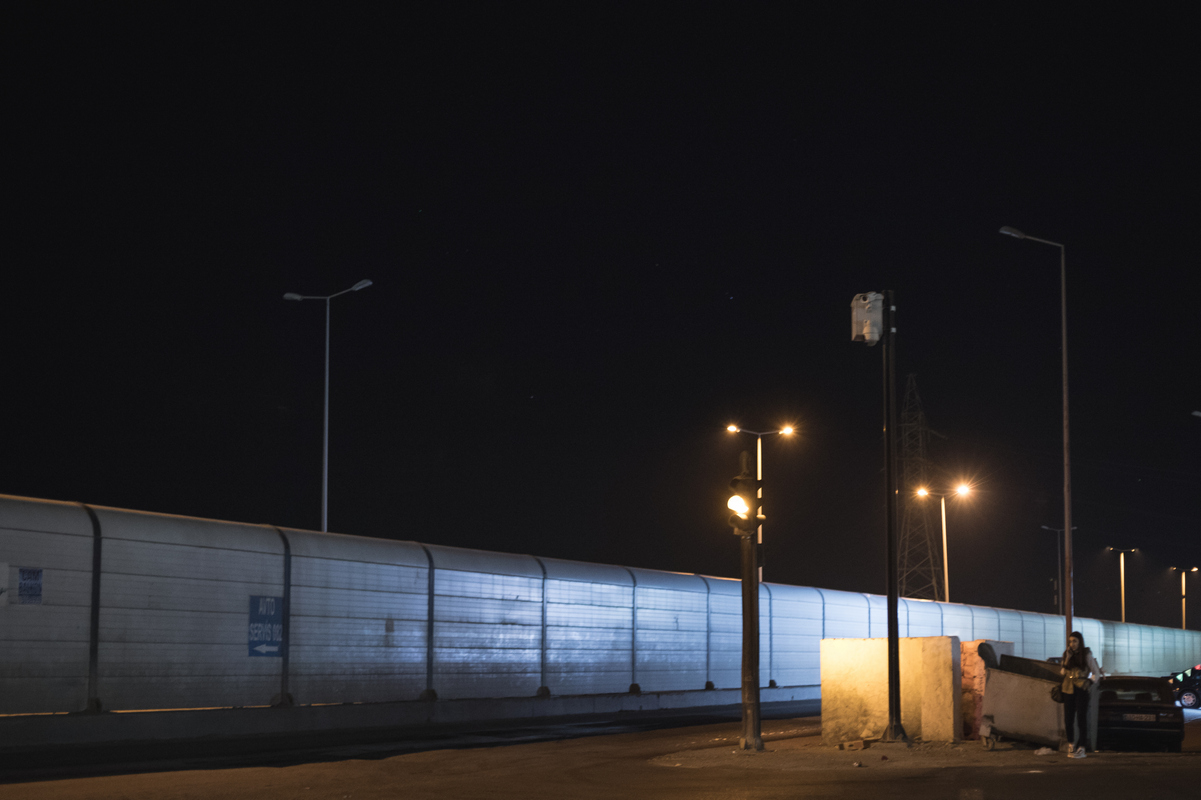





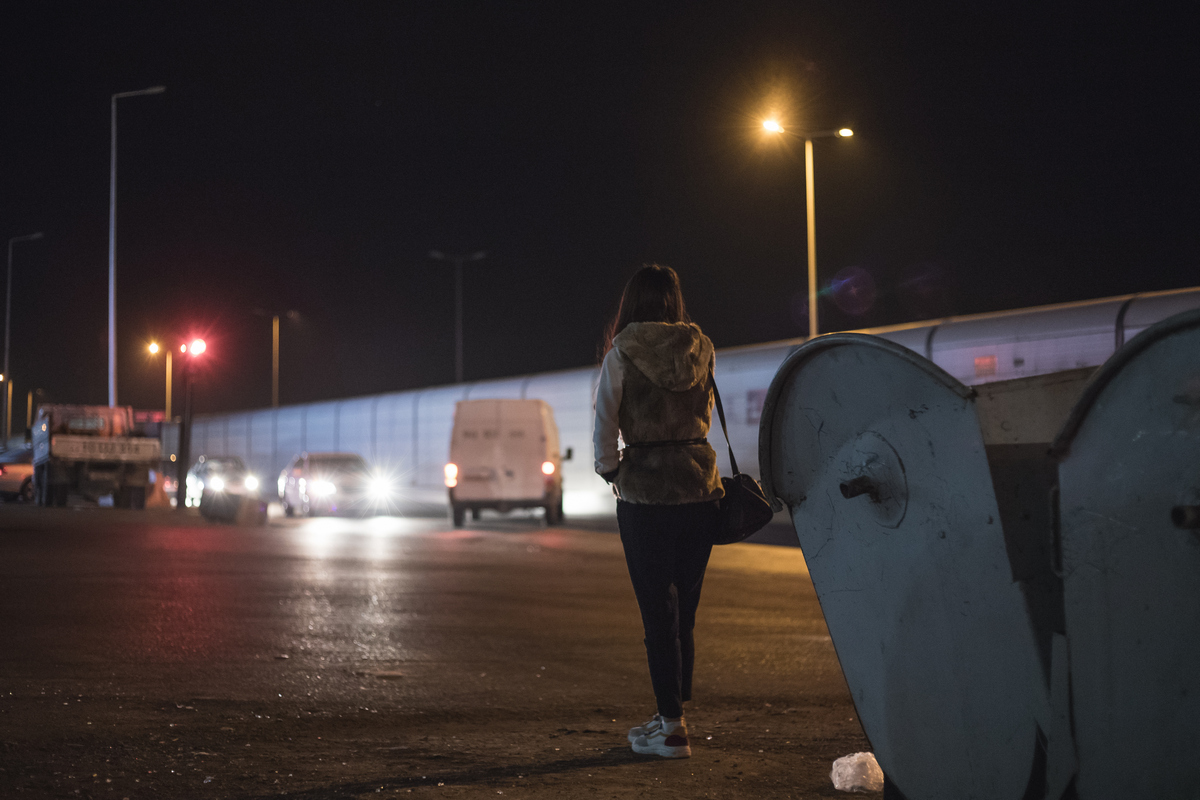

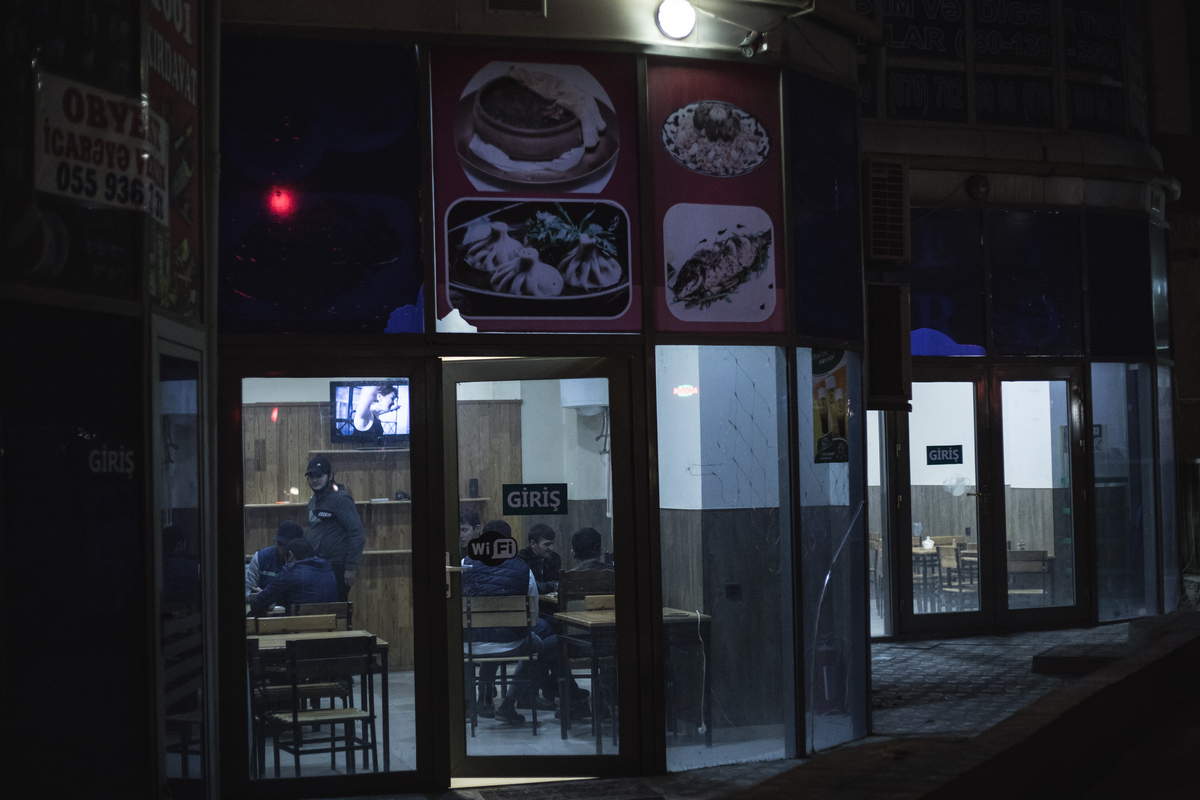



The road that we took to get there was walled on one side. Beyond the wall was absolute darkness, as if it was the edge of the world.
What is there to be afraid of? Well, for one, there’s those same local guys who watch out for the ‘honor’ of the ‘rayon’, or district.


















The 20 January metro station is located on the outskirts of the Baku bus station. There is a major road junction, several hospitals and a long underground passage under the intersection where they sell cheap clothes of poor quality. A few years ago near Tbilisi Avenue one could find a gathering place for sex workers of all sexes. Now they are no longer there, but the expression “work in Tbilisi” managed to come into common parlance among Baku residents.
Bakuvian’s fear: women’s safety
The patriarchy in Azerbaijan remains the same, with the unwritten rules of life for women and men differ. Although not all think this way, many in Azerbaijan believe that woman must be home by the latest at 10 pm. However, this does not mean a woman will always face harassment, but some Bakuvians shared their stories of what they did run into on the street late at night:
“It was summer, I was wearing a dress and returning home from courses. I was listening to music with my headphones in. I wasn’t looking around. When I passed a gas station – there’s a narrow sidewalk there – someone grabbed me from behind. I turn around in shock, and there was a group of Arab tourists. They were laughing at something, there were a lot of them, and I was alone. It was dark. I did not know what to do. I just went home. I went and thought – now I will come and immediately go in the shower ‘to wash off this dirt’, just like in the movies.”
“It all depends on the time when you get on the bus to go to New Yasamal. At 10 o’clock, women who work as saleswomen in stores go home. But if it’s already late, like midnight, some may suspect you are coming from somewhere shady. So you might run into problems.”
“I once sat down at a bus stop at 12 o’clock at night and waited for a taxi. A young boy rode up on a motorcycle and offered a ride. He was very nice and didn’t bother me. Nothing like that. I said that I had already called a taxi, he remained standing nearby. I waited for the taxi to arrive, he wished me good night, and only after that he left.”
On the periphery
The far flung outskirts of Baku, called “Baku villages” are scary at night not because of crime, but because there may be no street lights, sidewalks, asphalt, shops or public transport.

























